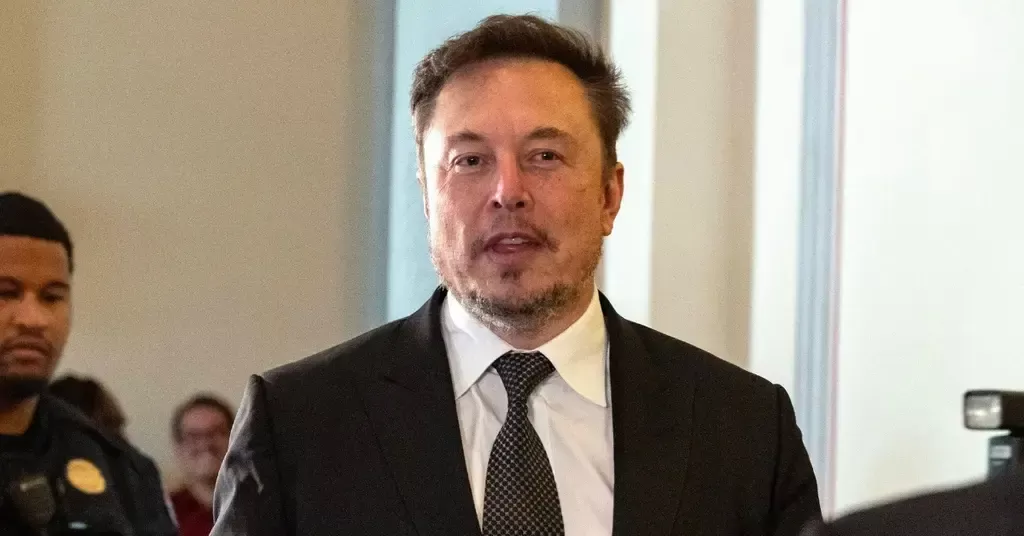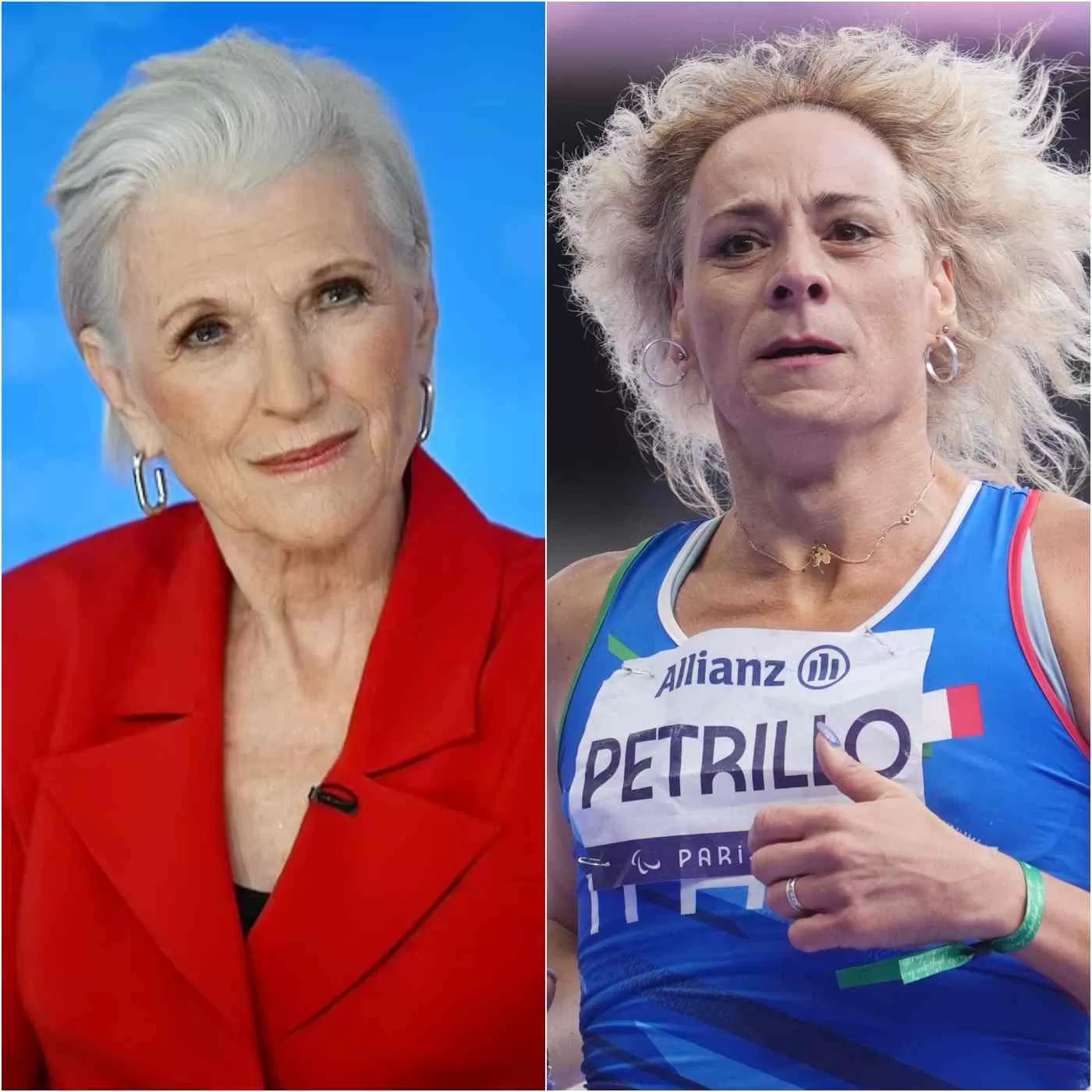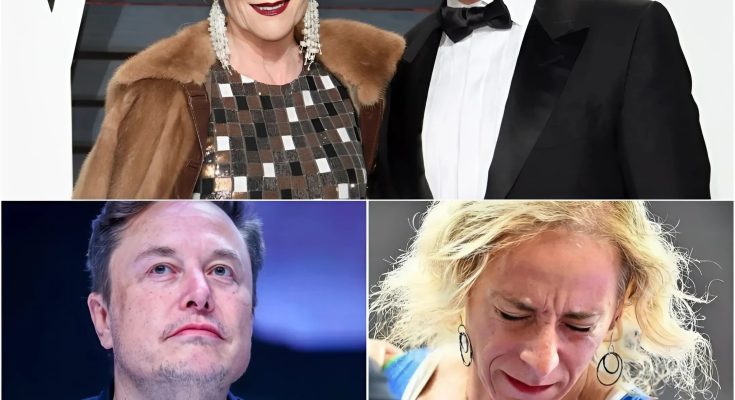Elon Musk’s mother, Maye Musk, has sparked controversy after making a bold statement regarding the participation of biological men in women’s sports. Her concise yet impactful comment, consisting of just ten words, has ignited debates across social media platforms, drawing both support and criticism. The controversy underscores the ongoing discourse surrounding transgender athletes and fairness in women’s competitions.

Maye Musk, a well-known model and dietitian, has long been vocal about social issues. However, her recent statement has placed her at the center of a heated debate. The ten-word remark, which she shared on her social media account, has resonated with many who advocate for maintaining biological distinctions in sports. Yet, it has also been met with backlash from those who view it as exclusionary and discriminatory toward transgender athletes.

The debate over transgender participation in women’s sports has been a polarizing issue for years. Advocates argue that transgender women should have the right to compete in categories aligning with their gender identity, emphasizing inclusivity and equal opportunity. On the other hand, critics maintain that biological differences provide unfair advantages, particularly in high-level competitive sports. Maye Musk’s statement has reignited these arguments, drawing responses from activists, athletes, and the general public.

Following her post, reactions poured in from both sides of the discussion. Supporters praised her for standing up for fairness in women’s sports, with some calling her words “courageous” and “necessary.” Others, however, accused her of promoting exclusion and disregarding the struggles of transgender individuals. Social media platforms quickly became a battleground, with hashtags both defending and condemning her stance trending online.
This is not the first time a high-profile figure has faced criticism for expressing opinions on this issue. In recent years, several athletes and public figures have spoken out, some advocating for the inclusion of transgender women in female sports and others pushing for policies that maintain biological divisions. The ongoing debate has prompted various sports organizations to implement differing regulations, with some allowing transgender participation under specific conditions and others imposing restrictions.
Elon Musk, known for his outspoken nature on social and political matters, has yet to publicly comment on his mother’s statement. However, given his history of engaging in controversial discussions on platforms like X (formerly Twitter), many anticipate that he may weigh in soon. His views on free speech and political correctness have often positioned him at the center of heated debates, making his potential response highly anticipated.
The scientific and ethical complexities surrounding transgender participation in sports remain a topic of global discussion. Organizations such as the International Olympic Committee (IOC) and various national sports federations continue to review policies to strike a balance between inclusivity and fairness. Some have introduced testosterone level requirements, while others argue that physical advantages persist despite hormone treatments.
The controversy surrounding Maye Musk’s comment highlights the challenges of addressing sensitive social issues in the digital age. In an era where opinions can spread rapidly, figures with large platforms face intense scrutiny. While some view her statement as a necessary call for fairness, others see it as an attack on inclusivity and transgender rights.
As the conversation continues, the broader question remains: how can sports organizations create policies that uphold both inclusivity and fairness? Finding a resolution that satisfies all parties is challenging, but it is a discussion that will undoubtedly shape the future of competitive sports.




